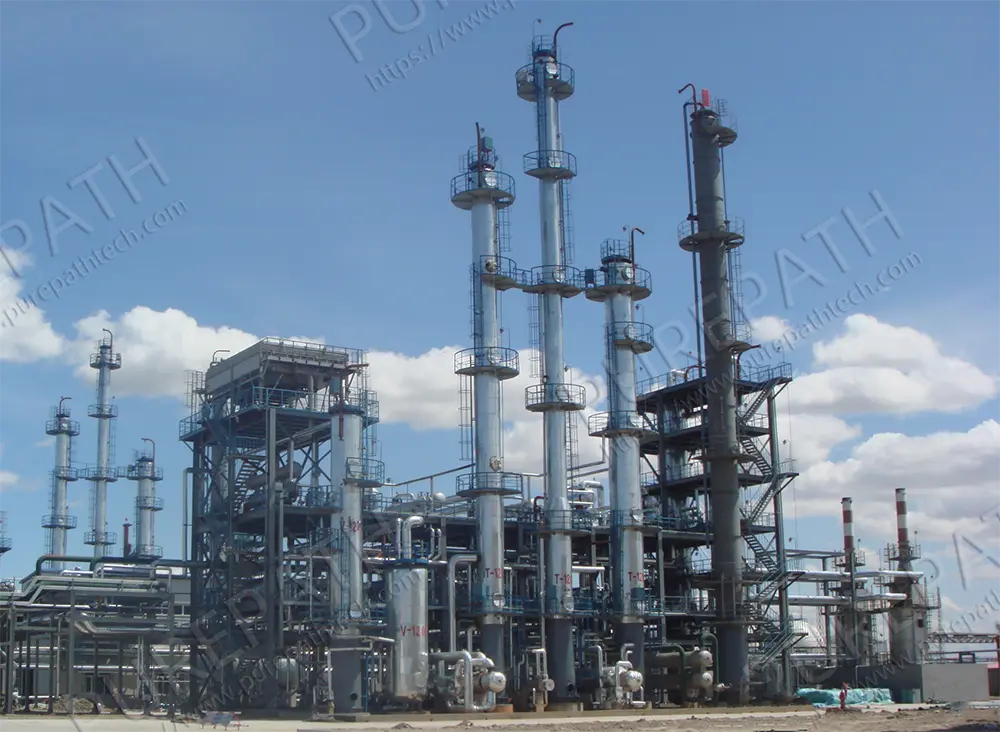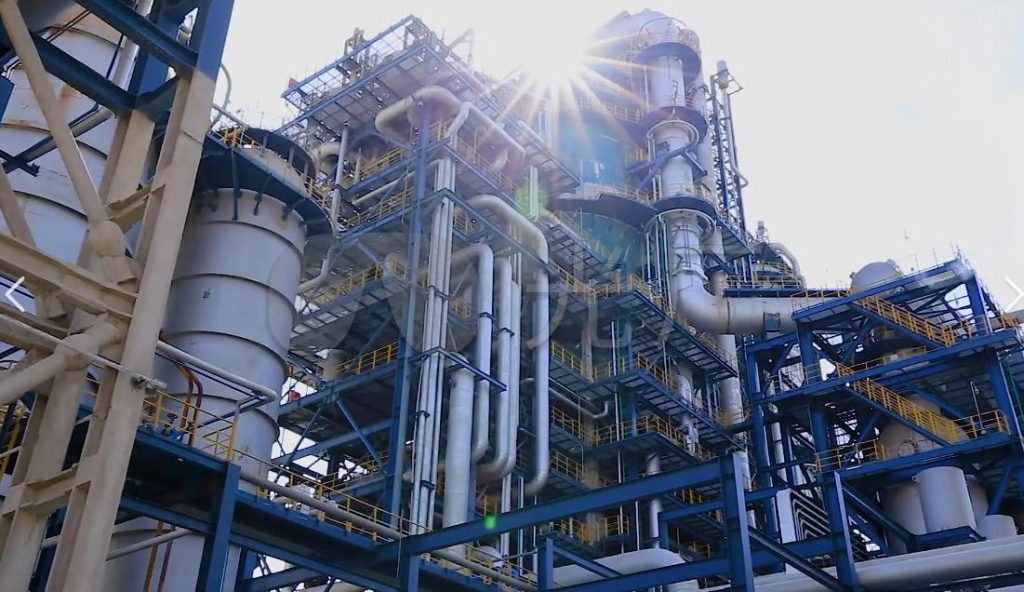Used Oil Re-refining, Virgin Oil Production: How They Are Different
Petroleum is an important component of countless industries, in various fields from transportation to manufacturing. However, as people become increasingly concerned about environmental sustainability, methods for oil production and reuse have received more attention. In this article, we will explore two important processes: waste oil re-refining and virgin oil production.
What is Virgin Oil Production
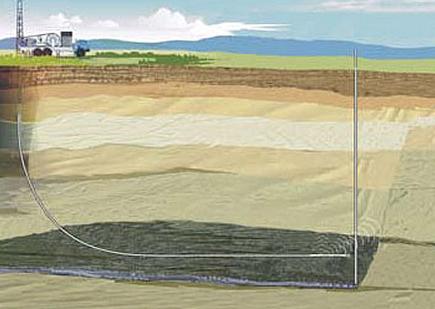
Virgin oil, the foundational component of lubricants, traces its origin to crude oil, a viscous, dark liquid extracted from beneath the Earth’s surface. This raw material undergoes a complex refining process to yield a multitude of petroleum products, including gasoline, diesel fuel, and crucially, base oils. These base oils serve as the building blocks for lubricants.
The process from crude oil to finished lubricant is energy-intensive and carries substantial environmental implications. Extracting crude oil often involves practices that disrupt ecosystems, pollute water bodies, and release greenhouse gases into the atmosphere. Moreover, the refining process itself is a significant energy consumer, generating substantial waste and contributing to air pollution.
The production of virgin oil is the basis of the traditional oil industry, but its environmental footprint has prompted a search for more sustainable alternatives, such as re-refined oil.
Comparing Used Oil Re-refined and Virgin Oil Production
The comparison between used oil re-refining and virgin oil production extends beyond their sources and processes, delving into environmental impact, energy consumption, and resource utilization.
Source of Raw Material
Virgin oil production begins with the extraction of crude oil from underground or underwater reserves. This extraction process often involves drilling wells, which can be both expensive and environmentally invasive. In contrast, used oil re-refining starts with collecting used lubricating oils, such as motor oils, from various sources, including automotive service centers, industrial machinery, and other equipment that requires lubrication. This collection process helps divert waste oil from landfills and prevents potential environmental contamination.
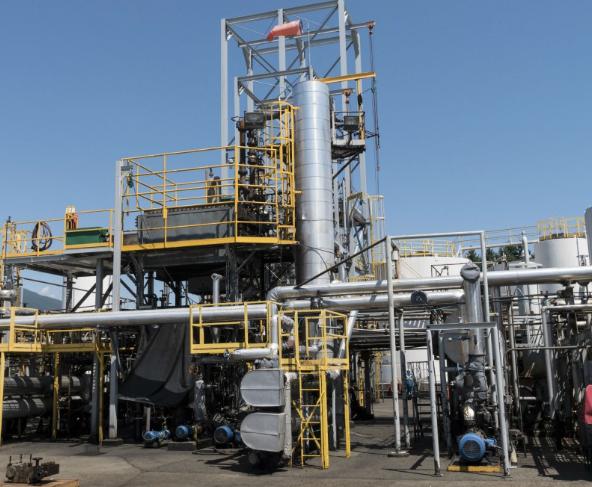
Source and Processing
Virgin oil production starts with raw crude oil, which is extracted from the earth through drilling and other extraction methods. This crude oil then undergoes a series of refining processes to remove impurities and convert it into various petroleum products, including motor oils, lubricants, and fuels. The extraction and refining processes are energy-intensive and require substantial infrastructure.
In contrast, used oil re-refining begins with collecting used oil, such as motor oil from vehicles or machinery. This used oil is then cleaned and processed to remove contaminants like dirt, water, and chemical additives that have degraded over time. Advanced re-refining techniques ensure that the re-refined oil is restored to a high level of purity and performance, often matching or exceeding the standards of virgin oil. This process is less resource-intensive since it recycles existing materials rather than extracting new resources.
Environmental Impact
The environmental impact of virgin oil production is significant. Extracting crude oil involves disturbing large areas of land and ecosystems, which can lead to habitat destruction and pollution. Additionally, the refining process generates substantial greenhouse gas emissions and waste byproducts, contributing to air and water pollution.
Re-refining used oil, however, offers a more sustainable alternative. By recycling and reprocessing used oil, re-refining minimizes the need for new oil extraction, thereby conserving natural resources and reducing environmental degradation. The re-refining process also produces fewer emissions and less waste compared to the full cycle of crude oil extraction and refining. Furthermore, re-refining helps mitigate the improper disposal of used oil, which can lead to soil and water contamination.
Economic Considerations
From an economic standpoint, re-refining used oil can be more cost-effective than producing virgin oil. The costs associated with extracting, transporting, and refining crude oil are substantial, influenced by fluctuating oil prices and geopolitical factors. Re-refining used oil bypasses many of these costs, relying on a more stable supply of raw material in the form of used oil.
Additionally, the re-refining process can generate significant savings by reducing waste disposal costs and potential environmental cleanup expenses. For businesses, using re-refined oil can lower operational costs without compromising on quality, making it an economically attractive alternative.
The Potential of Oil Re-refining
By reducing our reliance on crude oil, re-refining can help mitigate climate change, conserve natural resources, and strengthen energy security. Furthermore, it can create jobs and stimulate economic growth in the re-refining industry.
Is re-refined oil environmentally friendly?
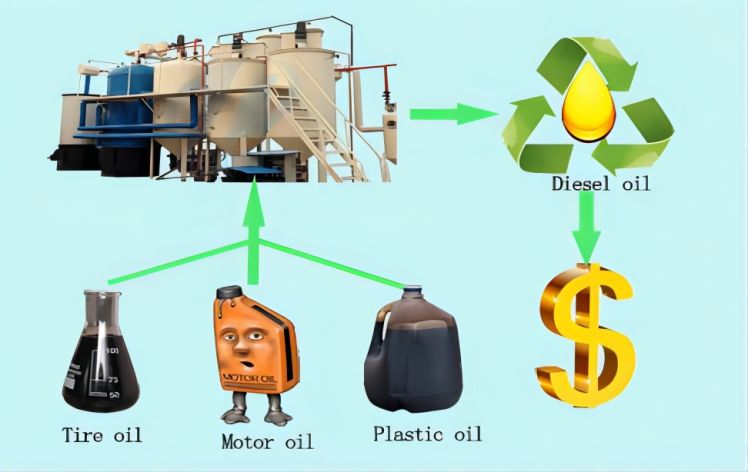
Actually, re-refined oil is often seen as an environmentally friendly alternative to virgin oil. This claim is substantiated by several factors:
- Waste Reduction: Re-refining transforms used oil, a hazardous waste, into a reusable product. This significantly reduces the amount of oil sent to landfills or incinerated.
- Conservation of Resources: By reusing oil, the demand for crude oil extraction is decreased. This helps conserve finite fossil fuel resources and reduces the environmental impact associated with oil exploration and production.
- Reduced Greenhouse Gas Emissions: The re-refining process generally consumes less energy than the production of virgin oil. This translates to lower greenhouse gas emissions, mitigating climate change impacts.
However, it’s crucial to note that the environmental benefits of re-refined oil are contingent on the proper collection and handling of used oil. If not managed correctly, it can pose environmental risks.
How does the quality of re-refined oil compare to virgin oil?
Re-refined oil can match the quality of virgin oil when processed correctly. Advances in re-refining technologies, such as vacuum distillation and hydrotreating, have enabled the production of high-quality re-refined oils that meet stringent industry standards. These processes remove contaminants and additives from the used oil, ensuring that the end product has similar if not superior, properties compared to virgin oil.
Tests and certifications have shown that re-refined oils can perform just as well in engines and machinery, providing the same level of lubrication, protection, and efficiency. Consequently, many automotive manufacturers and industrial operators endorse and use re-refined oils, affirming their reliability and performance parity with virgin oils.
What are the cost benefits of using re-refined oil over virgin oil?
The cost benefits of using re-refined oil over virgin oil are substantial.
- Lower Production Costs: Re-refining used oil is generally less expensive than extracting and processing crude oil. This cost efficiency is passed down to consumers, making re-refined oils a more economical choice.
- Price Competitiveness: Because re-refining requires less energy, the associated production costs are lower, further enhancing the price advantage. Companies and industries that use large volumes of oil can achieve significant savings by opting for re-refined products.
- Economic Impact: Re-refined oil helps in reducing waste disposal costs, as it provides an alternative to managing used oil as hazardous waste.
Therefore, while the initial investment in re-refining infrastructure can be substantial, the long-term economic and environmental benefits make it an attractive option for many industries.
Conclusion
While virgin oil has historically been the primary source of base oils for lubricants, re-refined oil is emerging as a viable and sustainable alternative. With advancements in re-refining technology and growing environmental concerns, the use of re-refined oil is expected to increase in the coming years. By choosing re-refined oil, consumers can contribute to a cleaner planet and support a circular economy.


